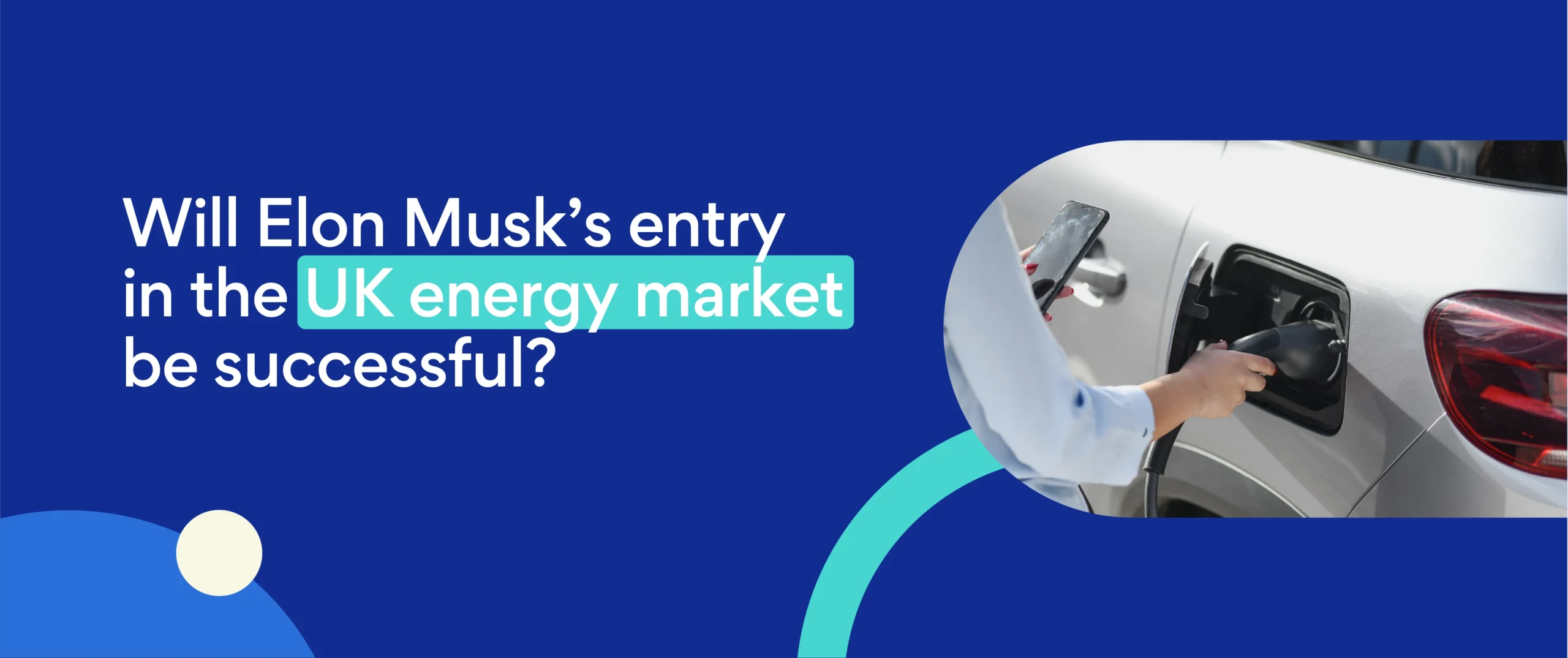Will Elon Musk’s entry in the UK energy market be successful?

Elon Musk has been in the news recently and not just because of his political interventions. Tesla Energy Ventures (TEV), Musk’s battery energy storage systems (BESS) company, has recently made an application to become an electricity supplier in the UK. The company’s retail offering for homeowners will be based on Tesla’s Powerwall battery technology, which is now installed at more than one million homes globally as of this year, representing around 6.7GW of power.
Powerwall batteries store energy from the grid or, increasingly, from solar panels and this can be used to power devices and appliances in the home during outages or when you want to take advantage of stored electricity when prices from the grid are high. In some locations, Powerwall owners can sign up to add their battery to what Tesla calls a virtual power plant (VPP), a network of Powerwalls working together as a single power plant. The combined energy of these sources is used to support the electrical grid. Participating members can give the programme permission to use their energy as a resource during high demand events and earn money back from the grid. According to Tesla’s Q3 2024 results, around one in eight Powerwalls are part of a VPP.
Will Musk’s battery venture take off in the UK?
There are high initial costs. However, many in this country have already taken the plunge. In the UK, the cost of installing a Powerwall is estimated to be between £8,000 and £11,000.
Residential battery storage is growing at pace in Europe and the UK
2024 was a remarkable year for battery energy storage systems. Some 22 gigawatt-hours (GWh) was installed during the year. This brought the total to 61 GWh. That’s around a third of total installed batteries in a single year, according to research by Solar Power Europe.
More than two-thirds of this new installed capacity came from three countries. Germany installed 6.2 GWh, Italy 6.0 GWh, and the UK 2.9 GWh. Residential installations have been driving the market in the past few years. This happened while energy prices spiked as a result of the war in Ukraine.
Homeowners were keen to find ways to reduce their energy bills. The combination of solar power and battery storage proved hugely attractive. The organisation says that in just three years, more than 3 million residential batteries were connected to the grid in Europe.
Despite this impressive growth, the curve has flattened now. Retail energy prices have fallen and incentives to install batteries have fallen away. Even so, the organisation forecasts that annual installation of BESS will rise to 120 GWh by 2029. Total capacity should reach 400 GWh.
Is there a cloud on the horizon for Musk though?
In the US, data from solar marketplace and analysts EnergySage shows that Tesla’s market share in battery storage fell in the first half of 2025. Tesla’s share of storage quotes dropped from 63% in H2 2024 to 59% in H1 2025. This was potentially driven by Powerwall 3 supply shortages and brand backlash related to its CEO’s political involvement. This was stated in its autumn 2025 Solar and Storage Marketplace Report.
Even with that downturn, the outlook for BESS looks bright. One of the most important pillars that will support this adoption will be better smart metering and data communication standards in Europe.
Solar Power Europe called on the EU and its member states to accelerate the rollout of smart meters. Their absence “hampers demand response”, the organisation said. “Effective energy management depends on accurate data collection and seamless communication between energy storage systems and grid operators. Fragmented metering standards and inconsistent data-sharing frameworks limit the development of BESS across the EU. This increases costs for all affected parties,” it said.
The need for cheaper, greener energy is on the rise. But is Tesla the right company to lead this transition in the UK?